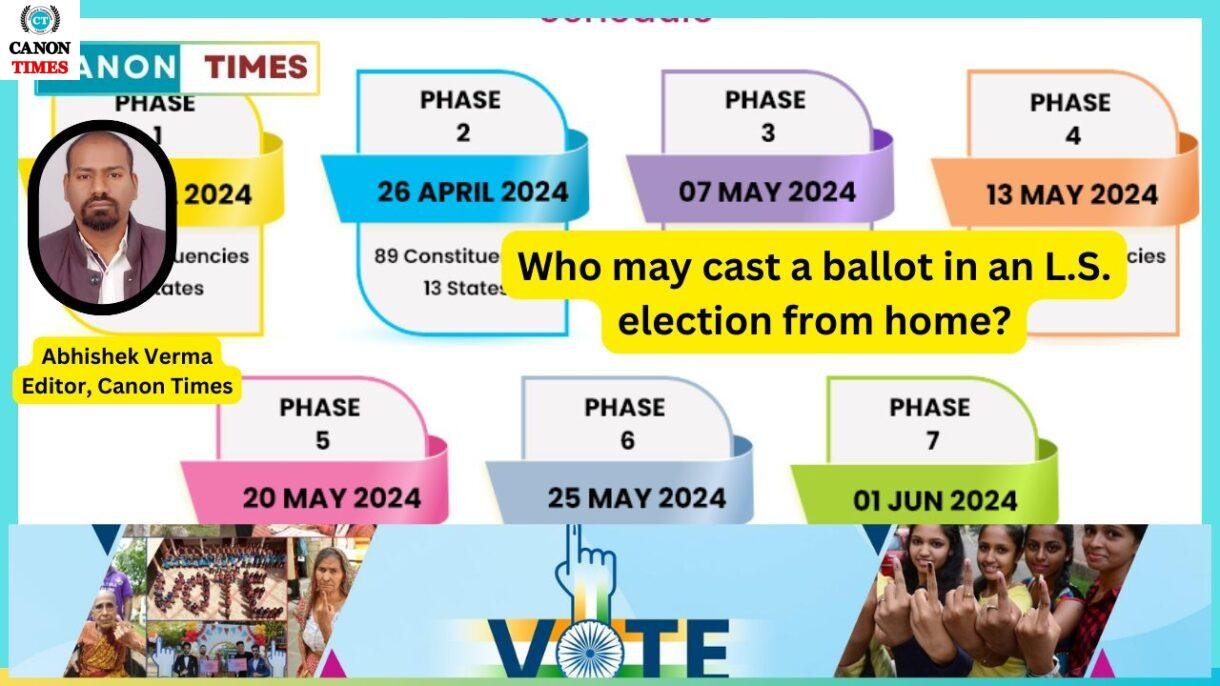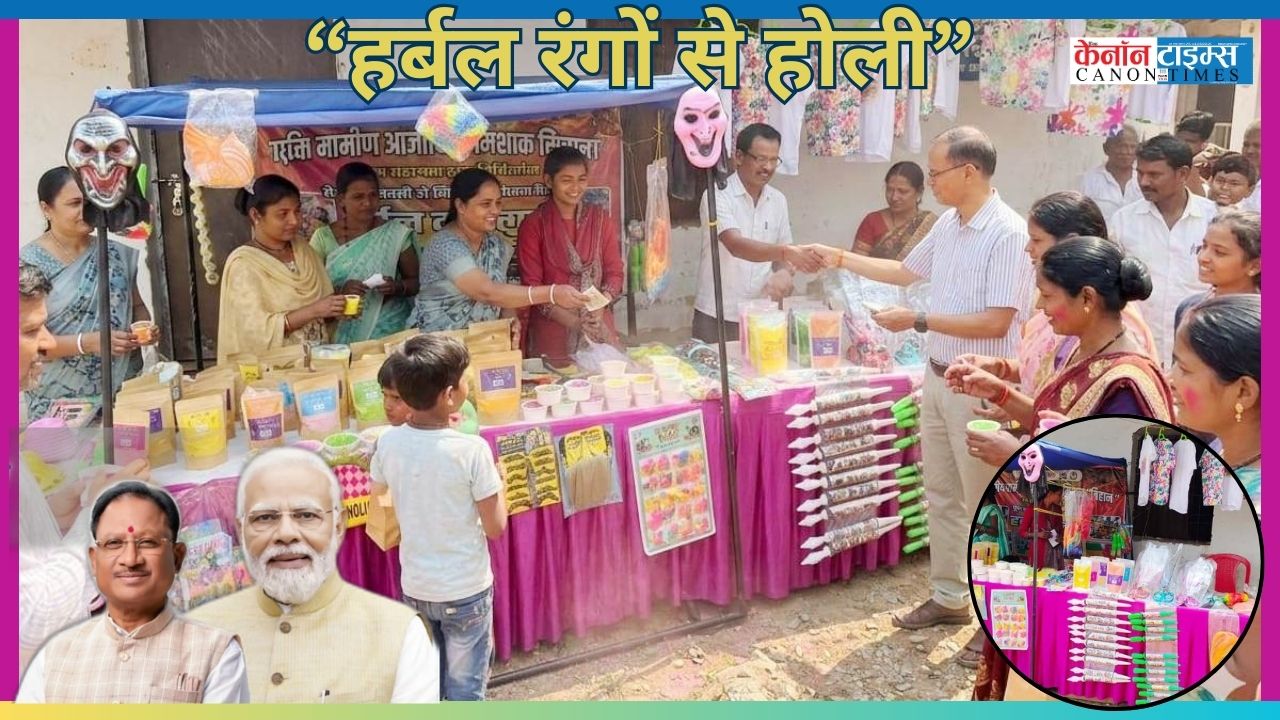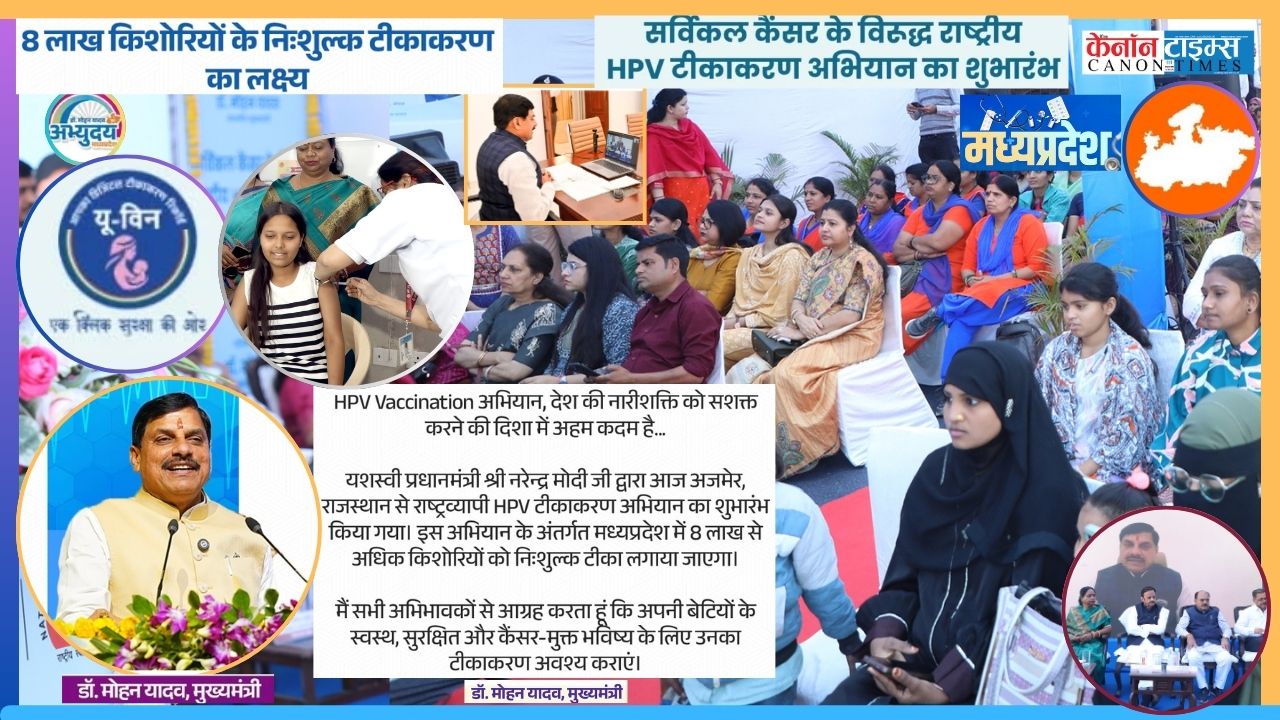Has a facility of this kind never been implemented before? What justifies the demands of activists to change the regulations?
The Lok Sabha elections now allow voters with disabilities and senior people 85 years of age and older to cast their ballots from home, according to the Election Commission. This action would enable 88.4 lakh people with impairments and over 85 lakh senior citizens to cast mail-in ballots.
To whom is it eligible?
Up until now, all efforts to ensure that voting is accessible have been limited to the polling place, where ramps, designated lanes, parking spaces, and wheelchair accessibility have all been prioritised. The postal ballot-at-home voting facility was modified to include persons with disabilities and elderly citizens; the benchmark disability must be at least 40% of the specified disability as certified by the relevant authorities. It has typically been the case that elderly people like to walk to the booth and take part in the procedure. Rajiv Kumar, the chief electoral commissioner, stated, “But this time, we have given them options to vote in their homes.” This year, those who want to do so are not permitted to cast their ballots in person on election day at the polls. An official recently said that the initiative is also “useful” since elderly voters might not want to go outside in the summer heat. The Lok Sabha elections are scheduled to take place from April 19 to June 1, during which majority of the nation is expected to experience heatwaves.
Has it previously been tried?
People with disabilities, older persons, and those affected by COVID-19 were able to use the facility when vote-from-home voting was previously tested out during Assembly elections in some locations. However, this year’s ECI raised the highest age restriction for senior voters from 80 to 85 years old. In addition, the ECI expanded the postal ballot option to media representatives covering “polling day activities” who had authorization papers from the Election Commission as well as those employed by vital services including hospitals, trains, and metros.
Aside from military troops stationed far from their hometowns, Central Armad Police Forces members deployed abroad, Central and State police officers on election duty, poll workers, and diplomatic staff on postings are among the other groups eligible to vote.
How can voters use the facility?
A letter advising the Assistant Returning Officer (ARO) that the voter would not be able to make it to the polls is Form 12D, and it is essential to the procedure. A parliamentary constituency’s representative district office may have the form available for pickup or download online at the ECI website. After the polling date is announced, the form must be filled out and sent within five days. An anonymous person argues that although the endeavour is commendable, the policy would need to be adjusted to address procedural bottlenecks and knowledge shortages. It is a “problematic” requirement for individuals with disabilities that voters submit the paperwork to the ARO or the Booth Level Officers (BLO).
“If disabled voters can cast their ballots from home, then they should be able to complete this online form as well,” he adds. Following the election, two poll workers will visit the voter’s house to supervise the mail-in ballot voting procedure. They will be joined by a security guard and a filmmaker. An SMS or postal notification will be sent to the voter with the date and approximate time of visit. There will be two attempts to vote at home. If the voter does not show up at the specified address during the first visit, the polling crew will arrange for a follow-up visit. The polling team is obliged to adhere to the 1961 Conduct of Elections Rules procedure during the visit. A November 2022 announcement regarding the vote-from-home facility states that each team of poll workers must (a) mail a ballot to every absentee voter assigned to them, (b) inform the voter about the process for voting by mail, (c) ensure that the voter casts their ballot without anyone discouraging them from doing so, and (d) maintain voting confidentiality. It is permissible for those who are blind or physically unable of voting at home to designate a partner and use their support.
And what difficulties are ahead?
An autonomous person anticipates a few logistical difficulties with scheduling, arranging requests, and relocating equipment. In addition, he queries, “Do we have the machinery to fulfill this mammoth task?” To tailor the facilities to people’s demands, the plan would also require a “massive level of awareness generation” among voters and poll workers. A Voter’s Guide with the rules and procedural details accessible to older citizens and people with disabilities has been released by the Election Commission.
Abhishek Verma
Author: This news is edited by: Abhishek Verma, (Editor, CANON TIMES)
Authentic news.






